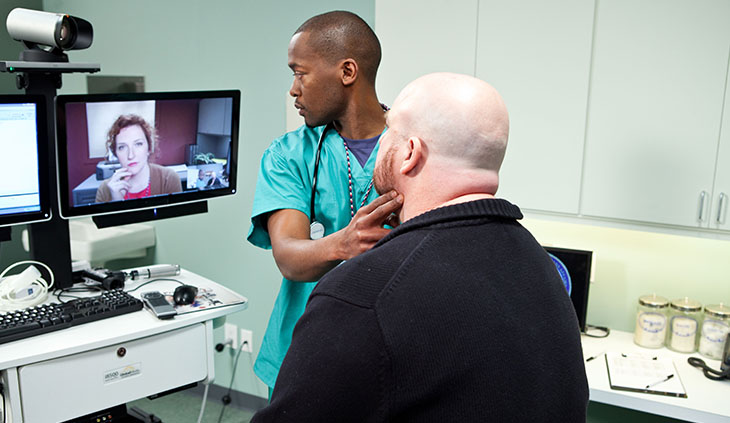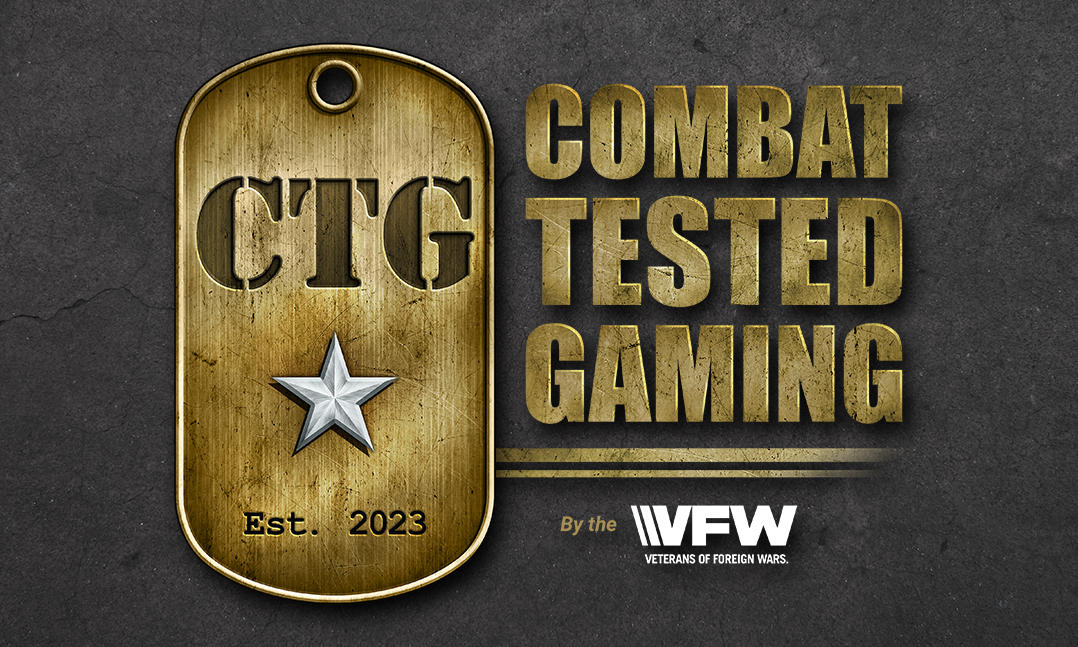It’s no secret that there has been a growing demand for VA mental health care. In fact, between 2005 and 2016, the number of Veterans who received mental health care from VA grew by 84 percent and the number of treatment encounters more than doubled through a variety of care options.
VA has traditionally provided mental health services in three different forms:
- In-person care where Veterans visit a local VA facility
- In-person community care where Veterans see a provider in their community
- Telehealth where Veterans connect over video with their VA providers.
Last fiscal year, VA provided mental health treatment to more than 1.6 million Veterans, resulting in over 21 million encounters. Of those, more than 133,000 Veterans received some of their mental health treatment through telehealth equaling more than 426,000 encounters. VA is the largest provider of telehealth services in the country with more than 702,000 Veteran patients completing more than 2.1 million VA telehealth encounters in FY 2016, a growth of approximately five percent over FY 2015.
In partnership with VA San Diego Healthcare System, VA Community Care recently introduce a fourth way to provide mental health care – telehealth services with a community provider – piloting the program at the California facility. The additional care option will help VA meet the growing demand by leveraging clinical capacity from community providers, even providers outside of the Veteran’s immediate geographic area through proven technology.
Telehealth services provide an increase in Veteran access to care and are a convenient option for those who face long travel times or who need to receive care in their home. Additionally, telehealth can also provide Veterans greater privacy or anonymity when seeking and receiving mental health services, without any of the stigma some might fear when seeking or receiving the same services in-person.
VA is a leads the nation in telehealth and will continue to as it expands opportunities for Veterans to access timely, convenient, high quality health care that is both helpful and convenient for them.
Topics in this story
More Stories
VFW’s Combat Tested Gaming tournaments bring together Veterans, active duty personnel and the gaming world.
Veteran Byron Potier weighed almost 300 pounds and was tired and lethargic. He was the perfect candidate for gastric sleeve surgery.
How much do you know about VA care, benefits and services? Don’t miss out on what you've earned—check out the "2025 VA Federal Benefits Guide for Veterans, Dependents, Survivors, and Caregivers" handbook to learn more.







I would like to see the Mental Health department at the Washington, DC VA Hospital overhauled and more patient friendly. There need to be more culturally competent therapist and psychiatrist added to the hospital or more services for mental health issues outsourced out.
I have had the great good fortune to be served at the Carl Hayden Veterans facility in Phoenix. I have been able to watch the improvements over the past couple of years. The expansion of service into rural areas has been very reassuring to me, my out of town relatives who have had concerns about my well being.
Thanks to the VHS, “I ain’t dead yet.”
The Dallas wait times for mental health are excellent and much better than the private sector doen to 4.7 days but this information doesn’t get communicated to the press. The VA needs to do a better job in advertising what we do well with mainstream media. I would have a campaign encouraging Veterans to come to the VA for their care with television advertising.